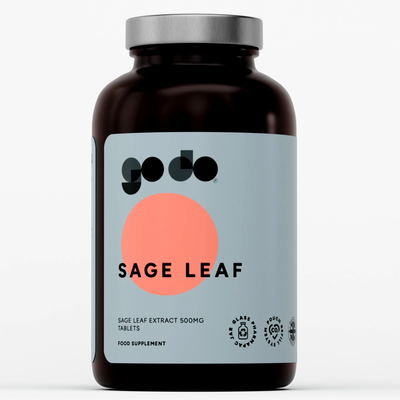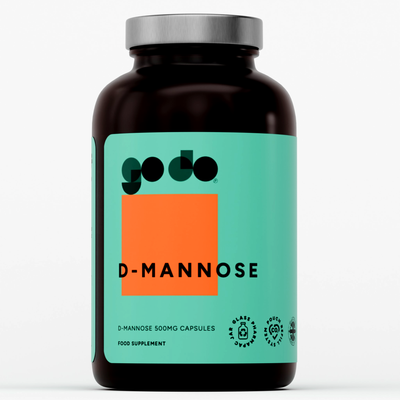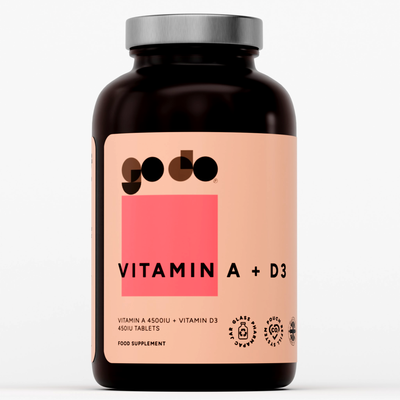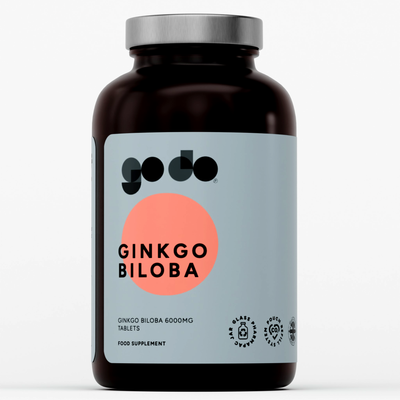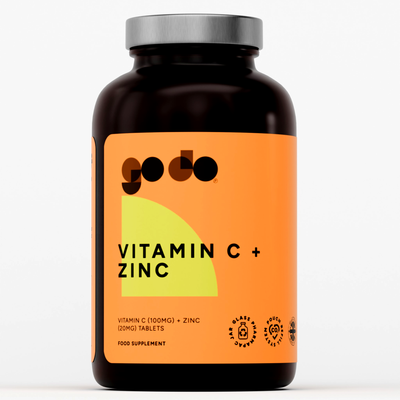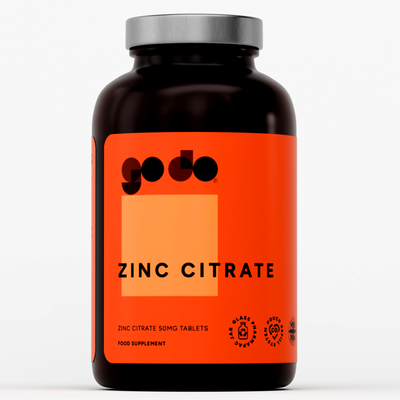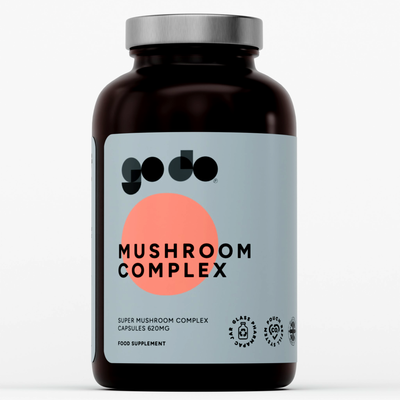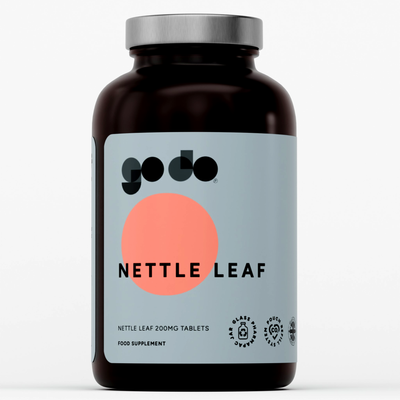
We often get so caught up in our daily lives that we forget to notice the small signs our body shows us regarding mineral deficiencies we might be facing.
Our body does not naturally produce the vitamins and minerals it needs, which is why we need to fulfill these requirements with our diet. We start developing deficiencies when we don’t take a well-balanced diet.
Mineral deficiencies don’t initially show any major signs, they usually subtle signs like energy levels being low, easily catching diseases, and pale skin amongst others.
Here are four important minerals and their deficiency signs to look out for:
- Calcium:
Calcium is a very crucial mineral for a body. It is used for the development of bones
It is also important for a healthy heart and nerve functioning-such as transmitting messages across the body through the nervous system- and preventing blood clotting and controlling muscle contractions.
Calcium deficiency also leads to many diseases and problems over time, including osteoporosis. This happens in one of the cases when the body doesn’t get enough calcium to fulfill its requirements, so it starts taking calcium out of bones, weakening them.
- Signs of calcium deficiency:
Some outward signs of calcium deficiency include depression and memory loss. This deficiency impacts the nervous system, which leads to various types of hallucinations, confusion, and delusions.
Foods rich in calcium include cheese, milk cheese and other dairy items, broccoli, sardines and more.
- Iron:
Although the body only needs iron in a relatively small amount, iron deficiency has disastrous effects on the body. Iron is responsible for generating hemoglobin, which carries oxygen in red blood cells through the entire body from the lungs.
Hemoglobin deficiency leads to problems like anemia. Iron is responsible for the cell’s energy production capabilities.
- Signs of iron deficiency:
Some subtle signs of iron deficiency include constantly feeling tired, as well as dizziness and headaches. Low hemoglobin makes a person feel weaker, leading to generally feeling cold, and the low oxygen flow leads to difficulty in breathing.
Foods rich in iron include mostly all dark leafy vegetables like spinach, all types of meat, and beans.
- Zinc:
Zinc is a very important mineral as it acts as an antioxidant and helps the body in fighting off foreign elements like virus and bacteria, and helps to fix wounds. Apart from that, zinc is necessary as it aids in making DNA and various proteins.
It is also responsible for our taste and smell abilities and creates an appetite.
- Signs of zinc deficiency:
Zinc deficiency has mostly subtle symptoms which are easy to ignore. They include diarrhea, hair loss, loss of appetite, weight loss taste changes, and delayed wound healing. Other serious symptoms of zinc deficiency are impotency and various development problems, and eye and skin issues.
Zinc can be maintained in the body through a healthy diet consisting of chicken, beef, spinach, liver, as well as vegetables like pumpkin and squash.
- Magnesium:
Magnesium is important as it is responsible for regulating the body’s diverse mitochondrial functions. It includes blood pressure regulation, blood glucose control. One of the most important function is maintaining heart rate rhythm.
Magnesium deficiency leads to health conditions like heart disease, hypertension, and even diabetes.
- Signs of magnesium deficiency:
Some of the most common symptoms of a magnesium deficiency include constipation and muscle cramps. Some less obvious signs of this deficiency are body odor, insomnia, and persistent headaches.
Foods rich in magnesium are leafy dark green vegetables, mackerel and nuts, and seeds.

